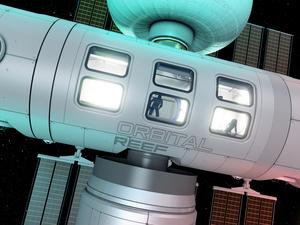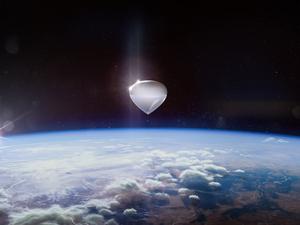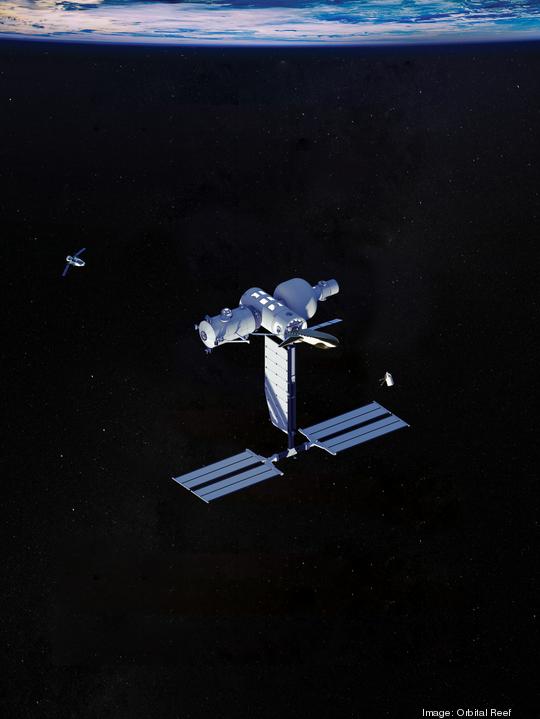
NASA has awarded $415.6 million to three companies planning to build commercial-use space stations, including $130 million for Blue Origin which will build its space station with help from Arizona State University.
Houston-based Nanoracks secured $160 million while Virginia's Northrop Grumman Systems secured $125.6 million for their respectively stations. These three projects are designed to create a “robust, American-led commercial economy in low-Earth orbit,” according to an announcement from NASA. The funding comes from NASA’s Commercial LEO Destinations (CLD) project.
Blue Origin’s space station is called Orbital Reef and ASU will lead its University Advisory Council, a global collection of universities contributing research and public outreach for the project. Blue Origin is also working with Sierra Space, Boeing, Redwire Space and Genesis Engineering Solutions. The project was announced in October.
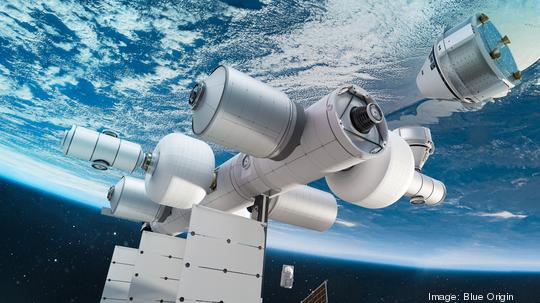
Orbital Reef will be a privately owned, mixed-use business park with room for researchers, industrial users, tourists, international visitors and commercial customers to set up shop in space.
“In addition to meeting the ISS partners’ needs, the Orbital Reef mixed-use space business park will offer reduced costs and complexity, turnkey services and inspiring space architecture to support any business,” Blue Origin senior vice president of advanced development programs Brent Sherwood said in a statement. “No one knows how commercial LEO markets will develop, but we intend to find out.”
The vision is for Orbital Reef to grow over time and allow access to all kinds of industries, people, nations and companies. The station is expected to be operational in the second half of this decade.
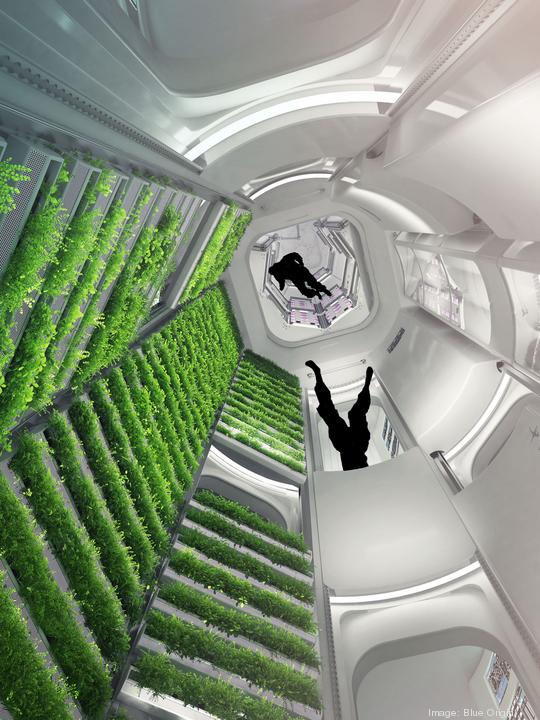
Lindy Elkins-Tanton, vice president of ASU’s Interplanetary Initiative and principal investigator of the NASA Psyche mission, is working on the project and she previously told AZ Inno that the space economy will need participation from all different sectors.
“The fact is that every discipline and every expertise that we need for an earth society, we need for a space society,” she said. “So whatever is a person's given interest, there's a place for them in the space economy.”
The $130 million award represents just a small fraction of the likely cost to build and launch Orbital Reef; Blue Origin has not publicly disclosed a cost projection, but reporting from Quartz and GeekWire suggest the station will cost billions.

